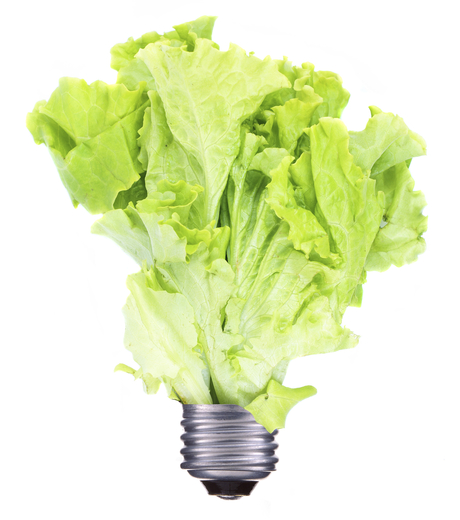Smart waste technology key to circular economy
By Tom Nickels, Managing Director, Waste Management NZ
Wednesday, 22 July, 2015

New and smarter ways to produce things is only half the cleantech picture: we also need smart management of what gets left behind, says Tom Nickels, Managing Director of Waste Management New Zealand.
When it comes to environmental debate, one fact seems constant: new ways to tap and use energy are vital. But we also need to apply technological smarts to the disposal of goods when their usefulness is done. And the good news is that, although we need to do more to bring the public up to speed, real gains are continuing to be made.
Indeed in a sector that might once not have been recognised as cleantech at all, modern waste management technologies are now reducing emissions, stopping environmental harm and turning waste into electricity. Given its scale, the industry can help reduce high levels of transport emissions as well.
Real gains will, in my view, also mean shifting to a realistic understanding of modern sustainable landfill technology and the key role it will realistically play for the foreseeable future.
The word ‘landfill’ may conjure up pictures of old ‘dumps’ with seagulls. But a modern sustainable facility represents a lot of leading-edge engineering and an upfront investment of $200 million.
Our operation at the Redvale Energy Park & Landfill in Auckland, for example, is now New Zealand’s largest producer of renewable energy from waste, generating enough power for 12,000 homes.
Redvale accepts approximately 50% of the Auckland region’s domestic, commercial and industrial waste, amounting to some 2500–4000 tonnes a day. All liquid components are captured. Organic waste decomposes anaerobically and over 90% of the resulting landfill gases are captured by a network of 150 wells. These are then used to fuel advanced generators that supply electricity to the grid and hot water to a neighbouring aubergine grower.
This is all delivering environmental results that could only have been dreamed of in the past. It is even helping address some of the sins of former times: soil excavated for central Auckland building projects has been so contaminated by previous generations that landfill storage is the only viable storage option.
Given the number of trucks involved in the waste management industry, gains can also be made in thinking about where to locate future facilities. There is, for example, no net environmental gain in having trucks travel to ever more numerous or distant landfills or treatment centres.
Other modern facilities, of course, deliver similar results, and we are all working to make further gains. As an industry though, I often believe we could be doing more to stand up and make sure the public debate on this issue is properly informed.
Waste management cleantech will always work best when it has the support of business and consumers. Reducing waste at source and separating items for easier recycling bring big benefits — and ensure the circular economy stays virtuous in protecting the environment.
Fighting waste by counting flies
An innovative tech collaboration is helping to finesse a rubbish recycling process that relies on...
'Tis the season for sustainable food at Christmas
As the festive season approaches, research fellows at UQ provide five tips for consuming more...
How Sydney's OS Passenger Terminal slashed its waste costs
Veolia has delivered a custom-designed solution that cut the Overseas Passenger Terminal's...







